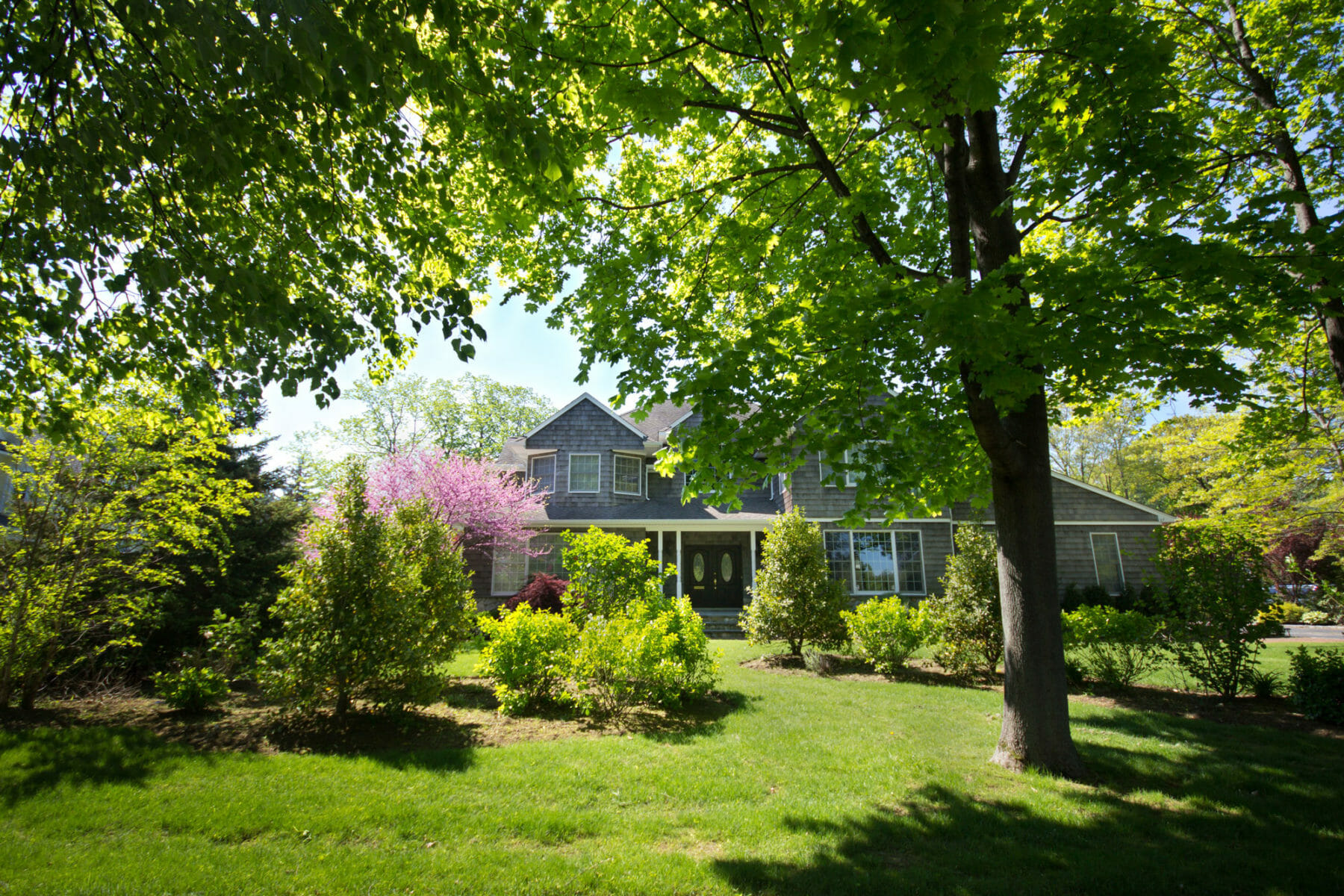Why are Trees Important? The Many Health Benefits of Trees
Many of us grew up knowing that trees are important. They give us cleaner air by creating fresh oxygen and filtering out pollutants. They give us resources, like paper and wood. They also play a significant role in our physical and mental health. Countless scientific studies involving millions of participants worldwide have shown that being around trees makes you happier, healthier, stronger, and more social while reducing anxiety and the risk of depression.
Let’s explore some incredible yet little-known impacts our trees have on our health and community.
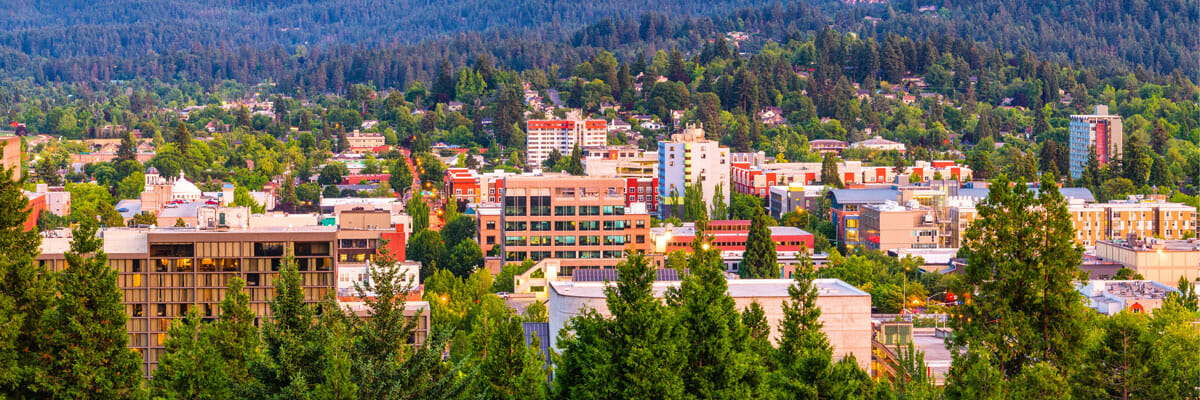
The Benefits of Trees in Cities and Urban Settings
Urban forests differ from traditional forests, but they are no less important. Urban forests are found in gardens, parks, and streets, providing greenspace access to the vast majority of Americans living in suburban and urban areas with little to no access to traditional rural forests.
Urban trees support healthier living for people in cities by providing cleaner air and incredible beauty. According to the European Environment Agency, a mature tree will absorb more than 48 pounds of carbon dioxide from the atmosphere and release oxygen yearly. Each year, 1.3 million trees remove an estimated 2,500+ tons of pollutants from our air.
Trees also play a vital part in cooling our cities. Many cities are experiencing hotter, more extreme summers with heatwaves that cause temperatures to spike dangerously. Seattle and the surrounding area experienced the hottest day on record in June 2021. Trees help combat the intense heat that concrete and asphalt exacerbate. Trees can cool cities and suburban areas by as much as 10 degrees by shading streets and homes and releasing water vapor into the air. Tree shade helps fight rising temperatures, lower cooling costs and prevent heat-related deaths and health problems.

The Emotional and Mental Health Benefits of Trees
Whether in your yard, on your street, or in a nearby park or forest, trees improve your quality of life. Numerous studies have shown that trees:
- Improve mood
- Increase focus
- Increase energy levels
- Improve sleep
- Decrease feelings of anxiety and depression
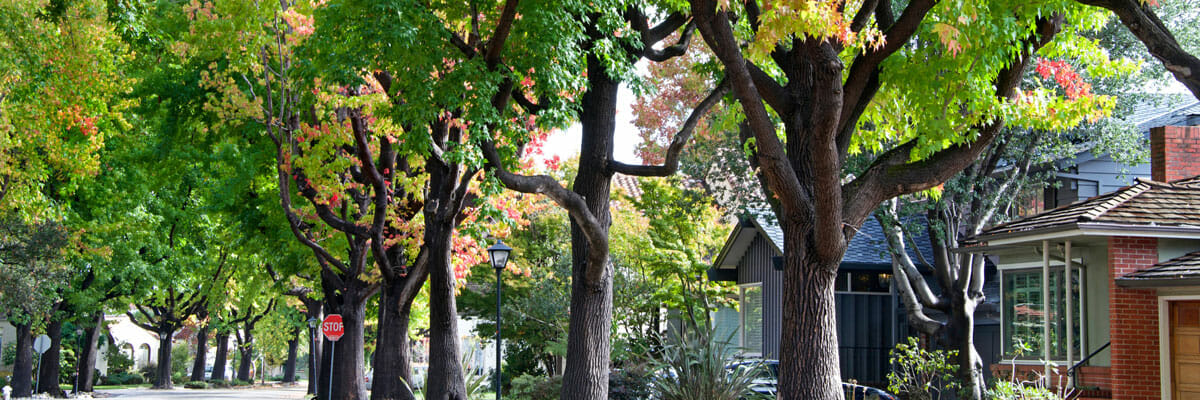
Residential Trees are Good for Health
Many different studies worldwide show trees’ positive effects on your physical health. Trees:
- Increase recovery rates from surgery and illness
- Boost the immune system
- Lower blood pressure
- Increase cardiovascular health
- Improve cognition
When your home and surrounding community have trees, these positive effects can occur daily and increase your wellbeing over your lifetime.
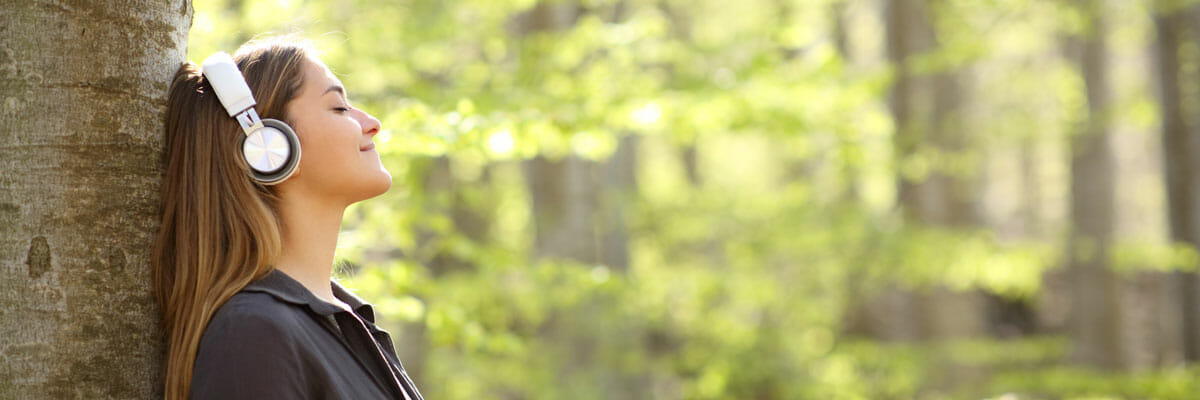
Do Trees Reduce Stress?
Spending time outside with trees can decrease stress. Numerous studies show that exercising in urban and rural forests or sitting looking at trees reduces stress, and lowers blood pressure, cortisol levels, and adrenaline levels. Even looking at pictures of trees can lower stress, but less dramatically.
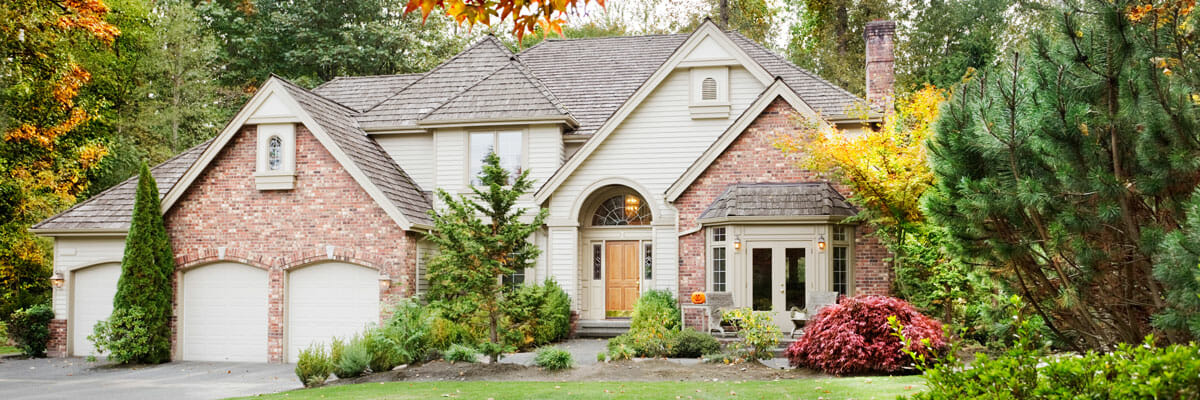
The Practical Benefits of Trees
Urban trees also have practical benefits. Trees increase your property value. They also lower crime rates. Studies conducted in Baltimore and Chicago showed that an increase in tree canopy corresponded to a decrease in crime, including domestic aggression and violence. There is less graffiti, vandalism, and littering in outdoor spaces with trees.
Trees provide shade and filter both water and air, leading to a healthier environment. Take, for example, a London Planetree located in Boston, Massachusetts. The USDA estimates that each year, this one tree conserves 1,843 kilowatt-hours of energy, filters 3,244 gallons of stormwater, stores 3,145 pounds of carbon dioxide, and removes three pounds of air pollutants from the neighborhood, saving residents hundreds of dollars and providing significant benefits to the ecosystem.
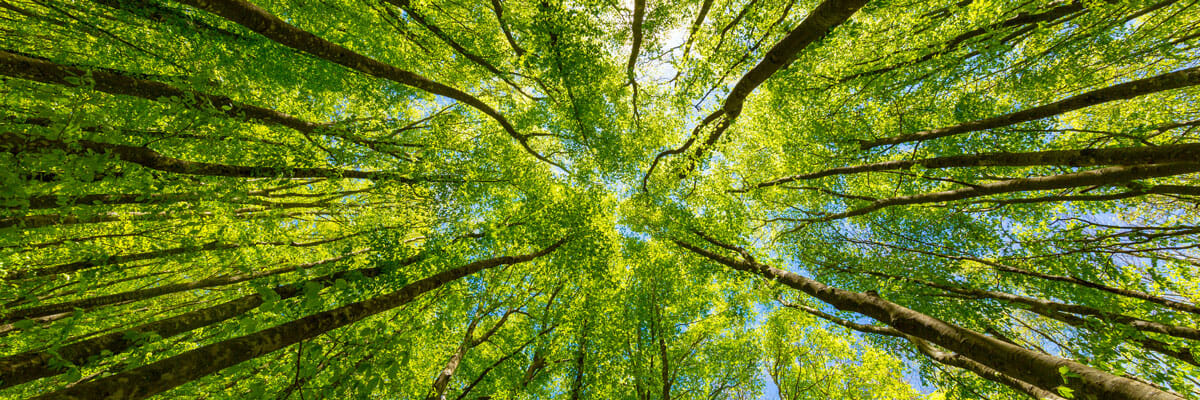
The Ecological or Environmental Benefits of Trees
Urban trees protect and strengthen a biodiverse ecosystem. They support urban and rural wildlife by providing habitats, homes, and food. The production benefits of trees for humans include a variety of foods, medicines, materials, and natural aerosols.
Trees also play a big part in cleaning our drinking water sources by absorbing and filtering stormwater runoff. The water absorbed and released by trees is more filtered, cleaner, and cooler than stormwater from the pavement.
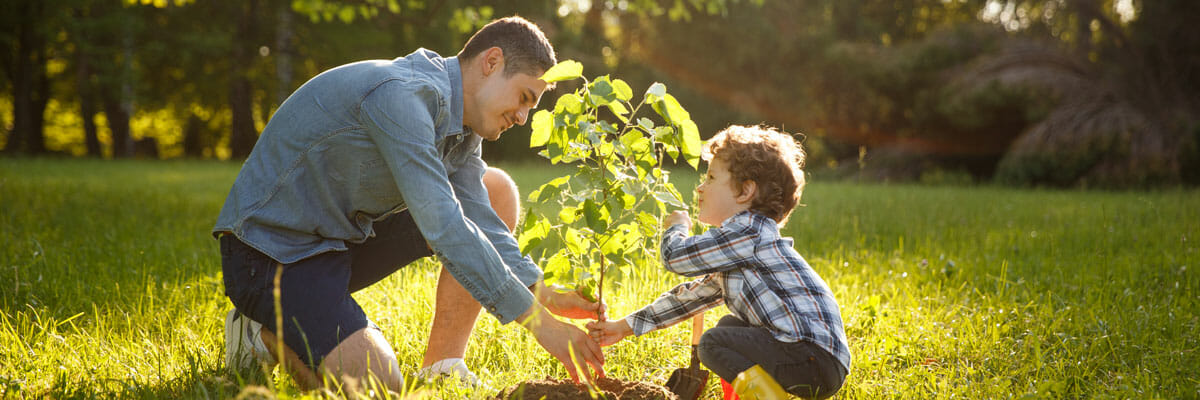
10 Benefits of Planting Trees
Trees do so much. Planting trees means more people have access to all of trees’ unique and measurable benefits. Let’s sum it up with a top 10 benefits of planting trees:
- Trees provide cleaner air
- Trees provide cleaner water
- Trees provide cooler temperatures
- Trees help with mental health
- Trees benefit your physical health
- Trees help kids
- Trees decrease stress
- Trees are good for the economy
- Trees make our neighborhoods safer
- Trees give us a happier earth
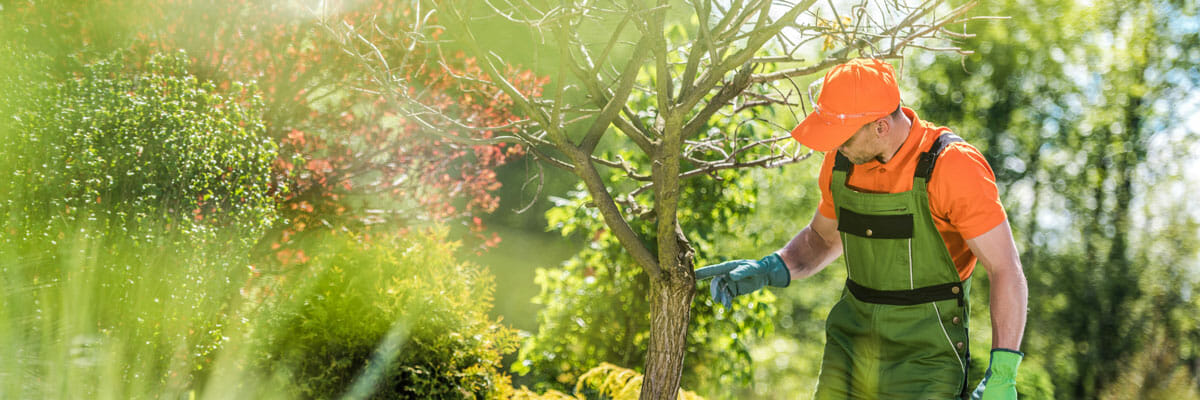
Why do We Need Trees? Let Pacific Arboriculture Show You!
If you’re interested in planting more trees on your property or around your neighborhood, call us. Let Pacific Arboriculture help you navigate your city’s urban forestry regulations and requirements. We serve Seattle and the greater Puget Sound area and can provide you with expert recommendations, residential tree services, and more. Contact us today for a free tree service quote.

